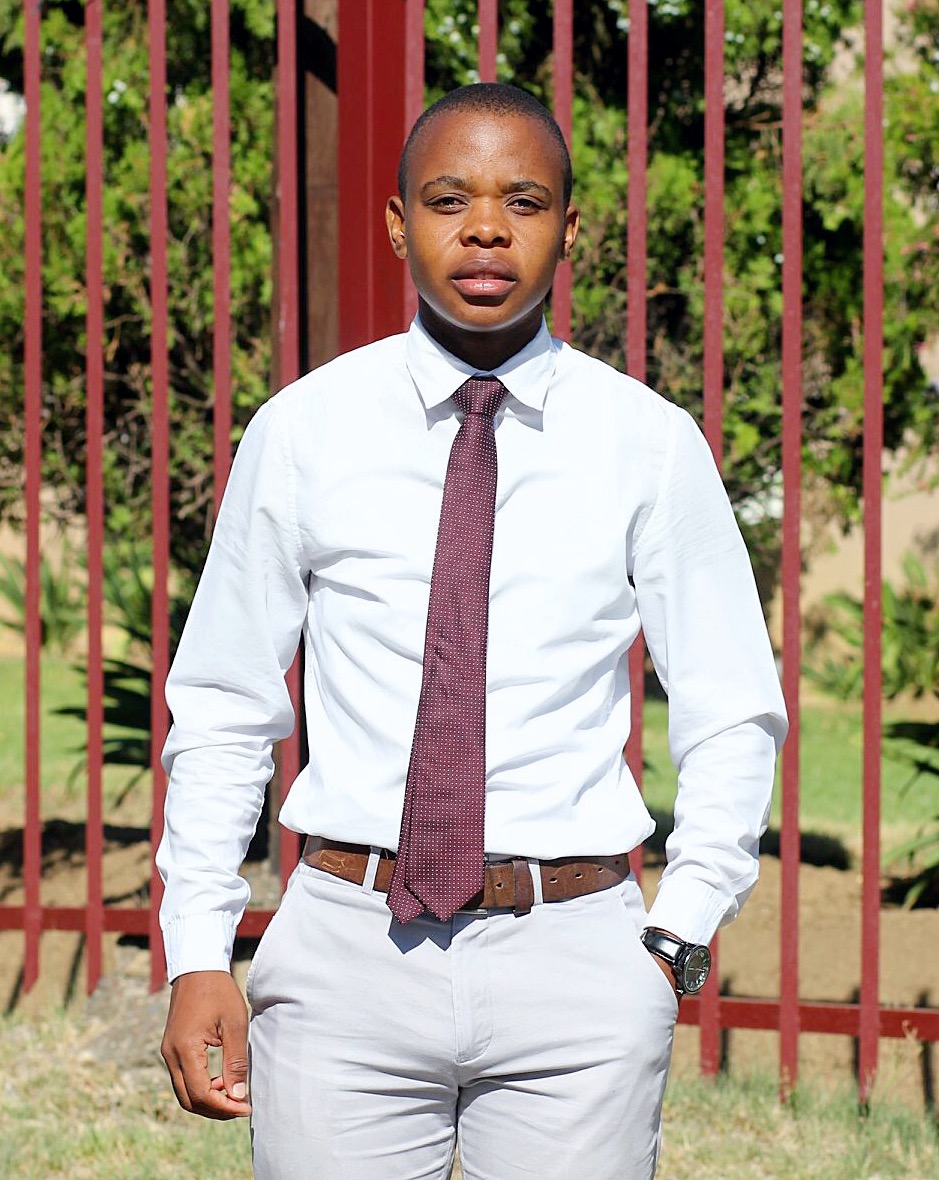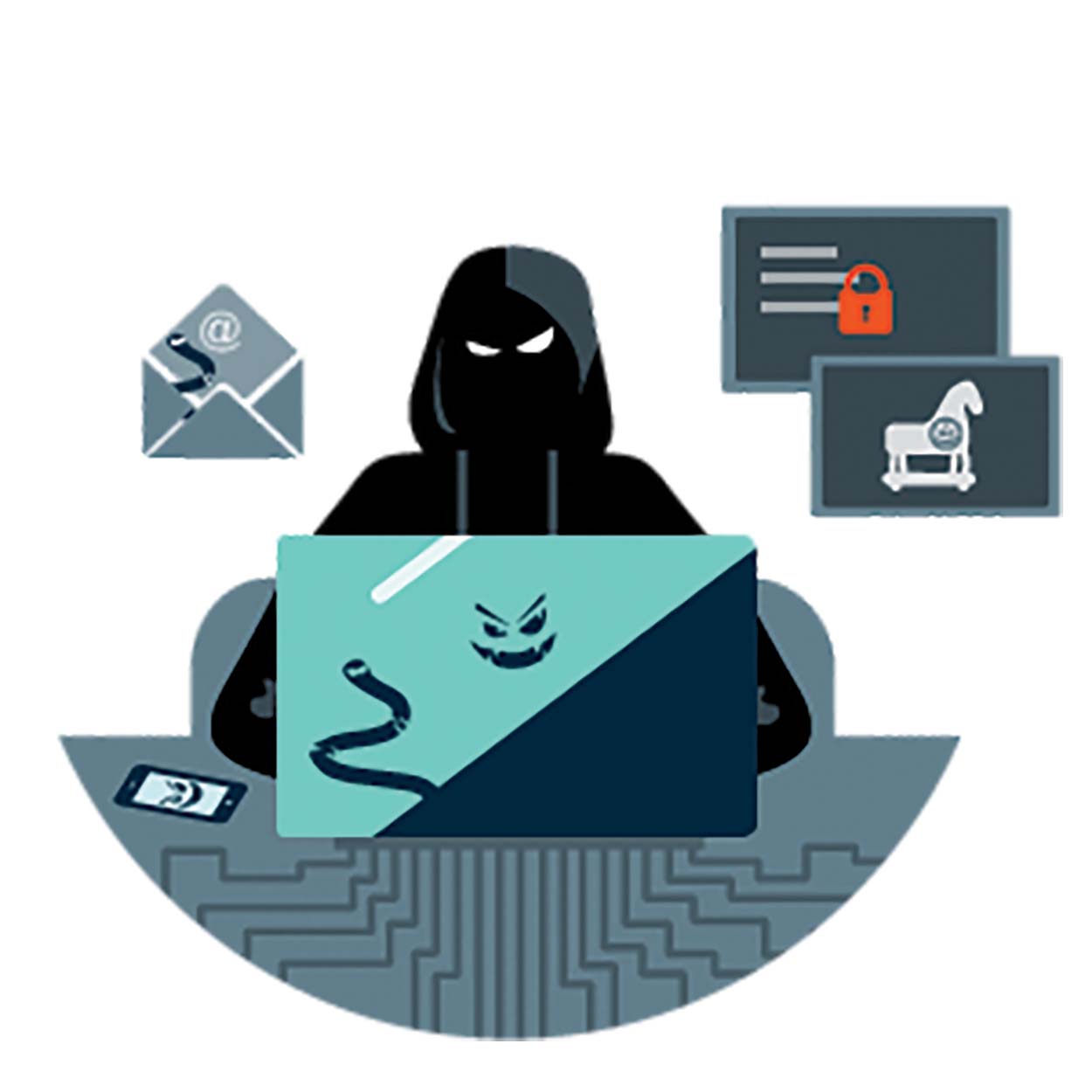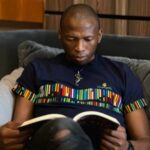… It isn’t all rainbows and unicorns – it’s a rollercoaster
Ntsoaki Motaung
Members of the LGBTQIA+ community participated in the National Assembly proceedings this week, invited to raise awareness among parliamentarians about the challenges they face.
This engagement aimed to inform lawmakers ahead of their discussions on the Children’s Protection and Welfare (Amendment) Bill 2023, which community members say will affect their rights.
During the session, LGBTQIA+ individuals shared personal stories to help members of parliament understand their unique struggles.
One speaker, Masiu Masiu from Mafeteng Thaba Tsoeu, revealed they were born intersex with both male and female genitalia, but their parents chose to raise them as a boy.
“My upbringing was very challenging, from school to accessing health and identity services,” Masiu said, explaining that service providers often demand they choose a male or female identity, which does not align with their reality.
Masiu indicated that their identification documents, created by their parents, list them as male, which does not align with their feelings or identity.
Similarly, Sheriff Mothopeng shared his experience of being assigned female at birth.
“I was born and raised as a female, but as I grew up, I identified more with boys, doing things like herding animals. Over time, I sought medical advice to understand what I was experiencing. I was informed I could receive treatment to make my appearance match how I felt inside, so I began hormone therapy to look like the man I feel I am inside,” he said.
He explained that he underwent surgery to remove his breasts, a procedure conducted in the country, albeit at high cost.
“My challenges include obtaining identity documents that reflect my appearance, as they still identify me as female, even though I am now a man. This discrepancy means that, when I travel, immigration officers often pull me aside to verify my situation, and I have to provide proof that I was born female. Accessing services like bank accounts or medical aid also remains problematic,” he explained.
He added that others in similar situations face challenges such as forced marriages and being compelled by their parents to attend initiation schools in hopes of altering their identity.
“We just want to be considered in decision-making so we can live in peace in our country of birth,” he said.
Giselle Ratalane shared that she identifies as a transgender woman because she was born male but identifies and prefers to live as a woman.
“I am a woman with male anatomy. I grew up as a boy until I realised I was not happy being a boy because I felt more like a woman. Fortunately, I had access to psychologists who helped me understand that I was not alone, and that led me to accept myself,” Ratalane explained.
She noted that, as a transgender woman, she faces stigma from many people, largely due to a lack of understanding about the LGBTQIA+ community.
“Because of this stigma, many of us drop out of school, which makes finding employment very difficult, especially as some employers choose not to hire us,” she said.
Ratalane also highlighted the unique challenges transgender women face, including being perceived as trying to deceive men, which sometimes leads to violence and even fatal outcomes.
“I want to believe that no one wants to live under such conditions. We are simply asking for our human rights to be recognised for our safety. We appeal to be understood so that we can access the medical care we need, starting with specialised doctors who can address our specific needs. If we were included in this country’s laws, many aspects of our lives could become easier,” she said.
Meanwhile, Member of Parliament Nkaku Kabi, who also leads the opposition All Basotho Convention (ABC), emphasised the importance of sensitising members of parliament about the challenges faced by some community members, so that these issues can be considered in decision-making.
Reflecting on his tenure as Minister of Health in 2018 and 2019, Kabi recalled a visit from the LGBTQIA+ community, which gave him the opportunity to listen to their concerns firsthand.
“They came in numbers to my office, expressing themselves in an intense manner before even speaking. It was then that I began to understand what they were talking about,” he said.
Kabi noted that anyone can have a child who is intersex or transgender, which opened his eyes to the unique struggles they face. “For example, as they explained, one might appear to be female by appearance but be male. In immigration, this requires proof to confirm identity,” he said.
He highlighted the various challenges transgender individuals encounter, including feelings of not belonging that can lead to suicidal thoughts, as well as difficulties in accessing health services.
“I am simply urging lawmakers to view these issues with the understanding that these people are part of our society and should be included and respected,” he concluded
Another member of parliament, Maimane Maphathe, suggested that from birth, forms should offer not only male or female options but also a neutral option to allow individuals time to determine their own identity.
“Similarly, identification documents and health services should be free from any stigma. People should be able to change their gender with guidance from the Ministry of Health,” Maphathe stated.
The Executive Director of the People’s Matrix Association, Tampose Mothopeng, noted that Basotho culture traditionally views children strictly as either girls or boys.
Mothopeng explained that some individuals, however, are born with characteristics that do not align with such expectations.
“In Sesotho, these individuals are referred to as ‘Tharasi,’ meaning a person born with both male and female physical traits and someone whose physical appearance may differ from their internal gender identity. There are many such individuals in our country,” he said.
Mothopeng highlighted that Lesotho still faces the challenge of children born intersex or transgender being subjected to immediate gender assignment surgeries, often resulting in individuals being assigned a gender they do not identify with later in life.
He stressed that intersex and transgender people have specific needs, including medical ones, yet the country still lacks the expertise to adequately address these issues.
According to UNAIDS, transgender individuals worldwide often face significant marginalization, discrimination, and violence, leading to a 34 times higher risk of acquiring HIV compared to other adults. Additionally, UNAIDS reports that up to 24 countries criminalise or prosecute transgender individuals.
UNAIDS actively collaborates with the transgender community, civil society organisations, and governments globally to advocate for decriminalisation, protect transgender rights, and ensure access to essential services, including health, education, and social protections, while safeguarding them from abuse and exploitation.
In a statement on the International Day Against Homophobia, Transphobia, and Biphobia, UNFPA Executive Director Dr. Natalia Kanem emphasised that all individuals are born free and equal in dignity and rights.
Article 1 of the Universal Declaration of Human Rights underscores the universality of human rights, affirming that everyone, everywhere, is entitled to these rights without any form of distinction or discrimination.
Summary
- I was informed I could receive treatment to make my appearance match how I felt inside, so I began hormone therapy to look like the man I feel I am inside,” he said.
- This discrepancy means that, when I travel, immigration officers often pull me aside to verify my situation, and I have to provide proof that I was born female.
- I grew up as a boy until I realised I was not happy being a boy because I felt more like a woman.

Your Trusted Source for News and Insights in Lesotho!
At Newsday Media, we are passionate about delivering accurate, timely, and engaging news and multimedia content to our diverse audience. Founded with the vision of revolutionizing the media landscape in Lesotho, we have grown into a leading hybrid media company that blends traditional journalism with innovative digital platforms.










